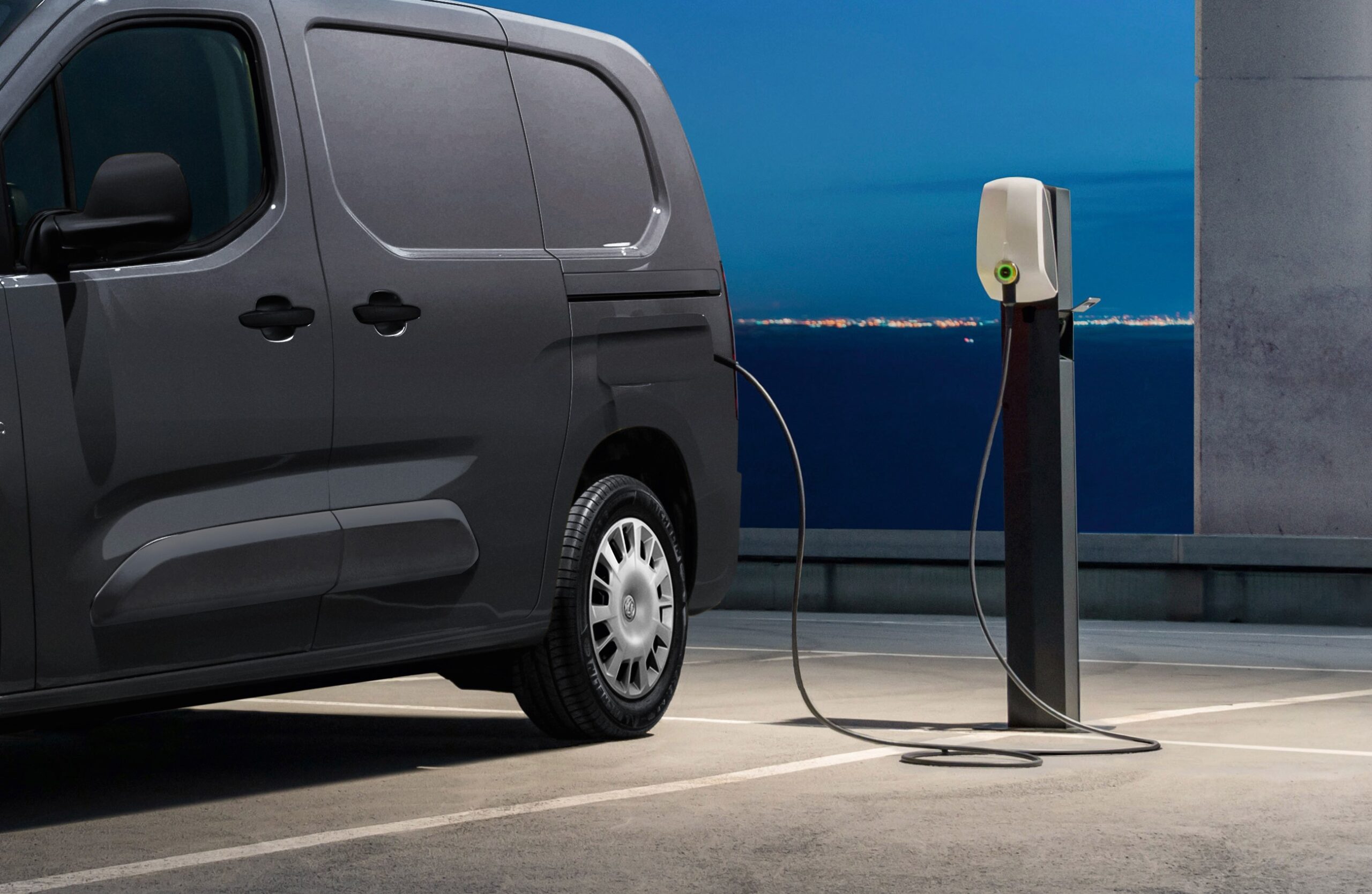
The Department for Transport (DfT) has announced it will adjust the UK’s Zero Emission Vehicle (ZEV) Mandate rules for automotive manufacturers, in response to the new US tariffs in place.
Under the plans, new vans with an internal combustion engine (ICE) will be able to stay on sale until 2035, alongside full hybrid and plug-in hybrid vans, and hybrid cars.
Also, government will introduce new flexibility in the ZEV mandate by allowing for van to car transfer on ‘credits’, which are gained by the sale of a new zero emission vehicle.
This means that one car credit can be exchanged for 0.4 van credits, while one van credit would be exchanged for 2.0 car credits.
Demand for new electric cars and vans has risen in recent years, however, both markets remain below government’s mandated targets. New electric van uptake reached a monthly record in April, representing 8.3% of the overall market – but still remains little more than half of mandated levels (16%) for 2025.
Mike Hawes, SMMT Chief Executive, said, “The government has rightly listened to industry, responded quickly to global dynamics and recognised the intense pressure manufacturers are under. Industry remains committed to decarbonising road transport but the ZEV Mandate targets are incredibly challenging, especially with a paucity of consumer demand and geopolitical upheaval.
“Growing EV demand to the levels needed still requires equally bold fiscal incentives, however, to give motorists full confidence to switch.”
Manufacturers are offering a wide range of electric models, with more than half (33) of all new vans on the UK market available as zero emission last year.
The Plug-in Van Grant remains fundamental to supporting current levels of operator uptake, however, meeting regulated targets requires urgent action to encourage more operators to switch, including guarantees that LCV-suitable infrastructure will be ramped up.
Business Secretary, Jonathan Reynolds, said: “This pro-business government is taking the bold action needed to give our auto sector the certainty that secures jobs, drives investment and ensures they thrive on the global stage.
“Our Industrial Strategy will back the country’s high growth sectors, including advanced manufacturing, so we can grow the economy and deliver on the promises of our Plan for Change.”


